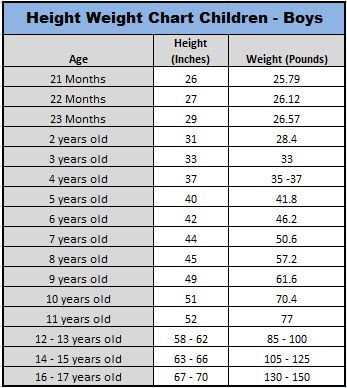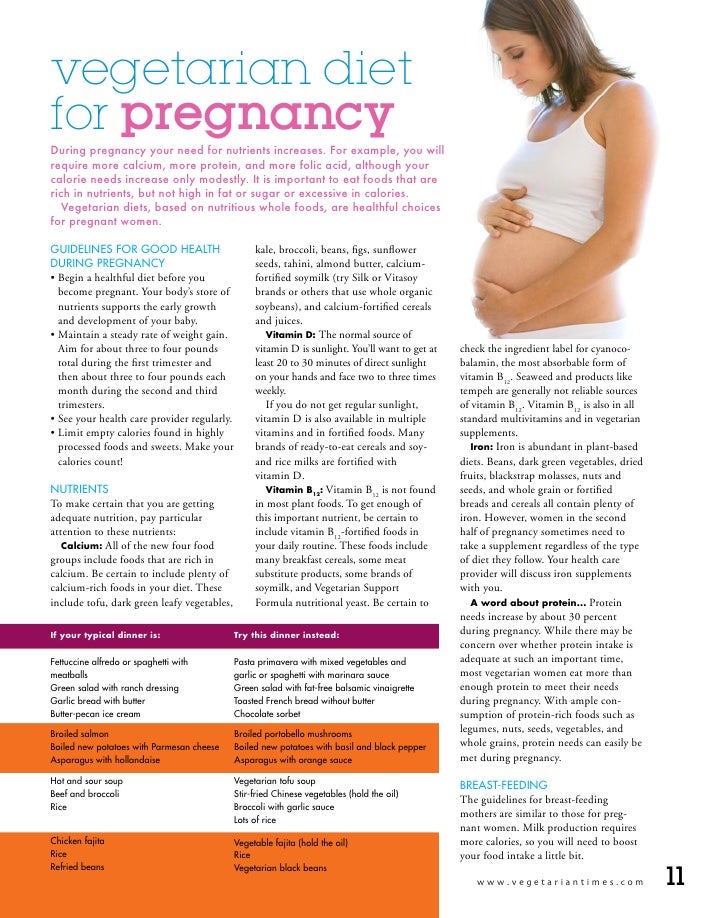Pregnant always tired
The Most Tired You've Ever Felt
Growing a human is exhausting. It’s as if a magical spell was cast the day your pregnancy test came back positive — except Sleeping Beauty’s fairy didn’t gift you with 100 years of rest and true love’s kiss is what got you into this.
If only you could sleep more…
It’s completely normal for a pregnant woman to feel fatigued, especially during the first and third trimesters.
Somewhere between morning sickness and elastic waistbands, Little Bo-Peep has lost your sheep (she probably sold them to Sleeping Beauty) and there are none left for you to count to sleep.
One of the first signs of pregnancy is fatigue. It smacks you by surprise, like the sliding glass door you assumed to be open.
Beginning as early as conception and implantation, pregnancy hormones instantly affect your body, mood, metabolism, brain, physical appearance, and sleep pattern.
In the second trimester, which begins at week 13, many women get a fresh surge of energy. This is a great time to tackle those important before-baby-arrives chores, because as you enter the third trimester, which begins at week 28, that extreme exhaustion returns.
Simply put, you feel tired because you’re growing a baby.
In addition to hormonal changes, physical and emotional changes also lower your energy levels and make you feel fatigued.
Some of these changes include:
- increased levels of estrogen and progesterone (which, by the way, acts as a natural sedative)
- lower blood pressure and blood sugar
- increased blood flow
- disrupted sleep
- digestion issues
- morning sickness
- stress and anxiety
- frequent urination
- heartburn
- back, hip, and pelvic pain
When to contact your doctor or midwife
If insomnia, restless legs syndrome (the uncontrollable urge to move your legs while resting), sleep apnea (a potentially serious disorder in which breathing repeatedly stops and starts), preeclampsia, or any other condition is hindering your sleep, talk to your doctor or midwife during your next appointment.
Other reasons to contact your doctor or midwife include, if you:
- feel concerned that the pregnancy fatigue is a sign of something more, like anemia, gestational diabetes, or depression
- develop any changes in your vision
- experience dizziness
- urinate less frequently
- have shortness of breath, pain in your upper abdomen, or heart palpitations
- experience severe headaches
- notice a swelling of your hands, ankles, and feet
Your healthcare practitioner can help you uncover any problems and offer additional solutions.
Growing a baby obviously takes a toll on your body. Don’t ignore the signals your body is sending you. Reach out to others if you’re struggling to sleep throughout your pregnancy. Ask for help from your partner.
No matter how tired you get, you should avoid taking any over-the-counter medicines as a sleeping aid.
Most pregnant women should spend at least 8 hours in bed, aiming for at least 7 hours of sleep every night. If possible, try going to sleep a little earlier than usual.
If possible, try going to sleep a little earlier than usual.
As your body changes, make sleep a priority and follow these tips to combat pregnancy fatigue:
Keep your bedroom dark, clean, and cold
Create the right atmosphere for optimal rest.
In order for your body to reach deep sleep, cover any windows with blackout curtains. Turn off any digital clocks and unplug nightlights illuminating a glow (cover the display with electrical tape if you don’t want to completely turn the device off).
Set the bedroom temperature a little cooler than the rest of your home, for optimal quality of sleep. Eliminate any needless clutter and wash your bedsheets often. Save your bed for sleep, cuddling, and sex.
Take a nap
Napping can make up for any sleep lost at night, due to frequent trips to the bathroom, body aches, and every other pregnancy irritation. Avoid napping in the late afternoon and early evenings.
If your employer frowns upon nap time, find a good spot in the breakroom and put your feet up while you eat lunch.
Eat healthy meals and stay hydrated
In the beginning, pregnancy can also lower your blood pressure and blood sugar, which can make you feel tired. But a lack of sleep can cause your blood sugar levels to rise, increasing the risk for gestational diabetes.
Keep your blood sugar and energy levels balanced by eating often, such as six small meals a day. Frequent meals that are high in nutrients and protein help to combat fatigue.
To avoid nighttime leg cramps, stay hydrated by drinking enough water and fluids throughout the day.
Keep a pregnancy journal or dream diary
Keep a journal throughout your pregnancy. If you’re feeling anxious or stressed, try writing in it.
Pregnant women experience more vivid dreams and better dream recall, due to hormonal shifts affecting sleep patterns, increased fatigue, and repeatedly waking in the middle of a sleep cycle.
Sleep diaries can also be enlightening, providing concrete data about your bedtime, how long it takes for you to fall asleep, nighttime awakenings, awake time, and sleep quality.
Avoid caffeine after lunchtime
As far as stimulants go, caffeine may keep you awake long into the night or cause you to wake more frequently. It can also keep your baby active, kicking and rolling around inside your belly as you try to sleep.
Experts recommend pregnant women limit their caffeine intake to two home-brewed cups of coffee, or less than 200 milligrams, per day.
Pamper yourself
Ask for help from family and friends. Take a warm bath. Ask your partner for a massage. Take a break.
Wear soft, non-restrictive clothing and sit in a cozy chair with a good book and read for a little bit. Light a lavender candle. Play soothing instrumental music. Have a cup of warm chamomile tea.
You get it.
Exercise
The demands of pregnancy together with the weight gained puts an enormous amount of pressure on your body.
In addition to more restful sleep, The American College of Obstetricians and Gynecologists states the following benefits of exercise during pregnancy:
- reduced back pain
- eased constipation
- decreased risk of gestational diabetes, preeclampsia, and cesarean delivery
- healthier weight gain during pregnancy
- improved overall general fitness
- strengthened heart and blood vessels
- improved ability to lose the baby weight after your baby is born
It can take a few hours for your body to fully wind down after energetic workouts, so plan for any physical activity to take place earlier in the day. If the exercise is light, like yoga, it’s unlikely to interfere with your sleep.
If the exercise is light, like yoga, it’s unlikely to interfere with your sleep.
Always check with your medical practitioner or midwife before beginning a new exercise program during pregnancy.
Pregnancy can be a tiring experience — both emotionally and physically. It’s important to remember: You are not alone.
Nearly all women experience more fatigue than usual at some point during their pregnancy. Take it as a message from your body. It’s telling you to rest, and you should definitely listen.
Pregnancy: Can Fatigue Be a Sign of a Health Problem?
By Regan Olsson , Contributing Writer
Sep 20, 2021
Better Me
Are you dragging these days? Does a nap sound fantastic right now?
Life can be exhausting at times, but especially when you’re pregnant. It’s totally normal to have some degree of fatigue right now—you are growing a human inside of you!
“Fatigue may be one of the most common first symptoms of pregnancy a woman experiences,” said Kelley Saunders, MD, an OBGYN at Banner – University Medicine Women’s Institute in Phoenix, AZ. “It is very common and quite significant in the first trimester. For many women, this improves in the second trimester and returns in the late third trimester.”
“It is very common and quite significant in the first trimester. For many women, this improves in the second trimester and returns in the late third trimester.”
Although it’s common among pregnant women, you may still wonder why.
Why does pregnancy make you so tired?
The biggest reason: It’s hard work making a baby and it can be taxing to your body. “Your body has to adjust to maintain your health and the health of the baby inside of you,” Dr. Saunders said. “The physiologic changes and increased metabolic demand start in early pregnancy and can continue even after childbirth while breastfeeding.”
Beginning somewhere between conception and implantation, pregnancy hormones kick in – affecting your body, mood and sleep. During the first trimester, you may also experience morning sickness, frequent nighttime bathroom breaks and leg cramps, which can leave you feeling pretty tired.
Then starting around your second trimester, you may start to get a little pep in your step. You may start to feel more like yourself again. But don’t be alarmed if you are still pretty exhausted—especially if you have other children to care for. Fatigue is still possible during the second trimester.
You may start to feel more like yourself again. But don’t be alarmed if you are still pretty exhausted—especially if you have other children to care for. Fatigue is still possible during the second trimester.
In late pregnancy, you’ll most likely begin to feel tired again. At this point, your baby has grown quite a bit and is putting more physical demands on your body. You’re carrying around extra weight and it’s more difficult to get comfortable when you sleep. Add in leg cramps and heartburn, and sleep becomes even more elusive.
When is pregnancy exhaustion not normal?
While exhaustion is a common symptom of pregnancy, extreme fatigue is not normal and may be a sign of an underlying health condition. Dr. Saunders said you should see your health care provider if your fatigue is severe and persistent.
“A sudden onset of exhaustion and continual symptoms may be a sign of abnormal fatigue,” she said. “When fatigue is associated with fever, chest pain, difficulty breathing or an inability to perform routine daily activities, you should see your OBGYN for evaluation. ”
”
Some of the potential underlying causes for your fatigue both during and outside of pregnancy may be due to the following:
- Gestational diabetes: Your body may become resistant to insulin during pregnancy, which can cause you to feel very tired. Other symptoms include extreme thirst and frequent urination.
- Anemia: A lack of iron can cause you to have an insufficient number of red blood cells to transport oxygen to your tissues and can cause you to feel tired, lightheaded and weak.
- Infections (viral, bacterial or fungal): Being pregnant can make you more vulnerable to infections, such as urinary tract infections, which can make you fatigued.
- Thyroid problems: Having too much or too little thyroid hormones can cause you fatigue, along with fluctuations in your weight, irritability and depression.
- Prenatal depression: Feeling tired all the time can also be a side effect of depression. Other symptoms may include sadness, feelings of hopelessness and an inability to complete daily tasks or activities.

If you’re in need of a health care provider or have questions or concerns, you can find a Banner Health specialist at bannerhealth.com who can help.
Have a happy, healthy pregnancy
For helpful tips to boost your energy and stay healthy throughout your pregnancy, check out the following posts:
- 5 Tips for a Happy and Healthy Pregnancy
- Pregnant and Hungry? A Guide to Eating Right
- Prenatal Screening Tests to Expect Every Trimester
- Driving While Pregnant: Common Questions Answered
- Is a Headache During Pregnancy Something to Worry About?
Women's Health Pregnancy
Join the Conversation
Fatigue during pregnancy
During pregnancy, a woman gets tired faster than usual, sometimes without even doing anything special. This is normal, because hormonal and psychological changes take place, and the body prepares for childbirth.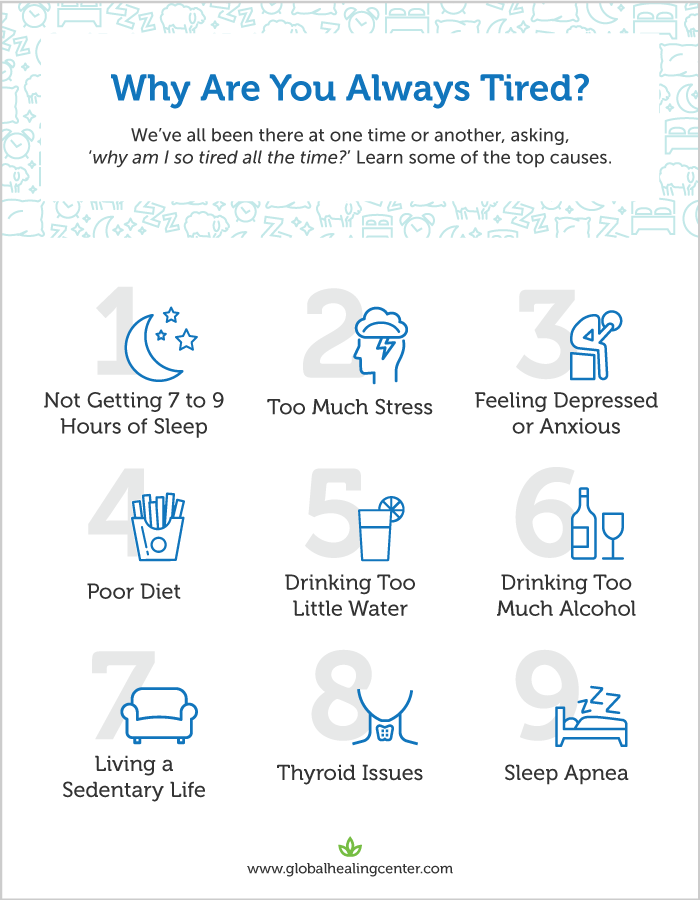 Such changes can be stressful for a woman, which adds to the feeling of fatigue.
Such changes can be stressful for a woman, which adds to the feeling of fatigue.
A pregnant woman develops insomnia, heartburn, heaviness in the back, spasms and cramps in the legs, and excessive fatigue may indicate anemia, especially if symptoms such as pale skin, shortness of breath, dizziness and palpitations are present. Iron deficiency in pregnant women occurs very often, as the need for iron increases due to the needs of the baby, and the hemoglobin produced by iron delivers oxygen not only to the tissues of the mother, but also to the child. nine0003
1. Proper nutrition
Nutrition of a pregnant woman should be BALANCED. Be sure to have a large amount of vitamins and minerals, especially iron and protein. A large amount of iron is found in the following foods: red meat, seafood, poultry, legumes. When consuming iron-rich foods, try to drink freshly squeezed citrus juices, which will help your body absorb minerals better. Do not forget about special multivitamin complexes for pregnant women. nine0003
nine0003
2. Drink more fluids
Lack of fluid in the body leads to rapid fatigue, but do not overdo it in the third trimester, when there is a tendency to edema, especially before bedtime.
3. Exercise
If there are no contraindications and your doctor has no objection, then try to exercise regularly. It will help to relax not only your body, but also charge you with positive. It is not necessary that this be a daily set of exercises, hiking in the fresh air is enough. nine0003
4. Help from loved ones
Do not refuse help, the care of your loved ones will be very necessary for you during this period. Not only do not refuse, but also ask for help yourself when you need it.
5. Recreation
Relax more, try to spend a lot of time doing activities that give you pleasure and satisfaction and avoid stressful situations. Use special breathing techniques to relax. Rest more time, use every opportunity that falls to lie down to rest. If you are busy with work, be sure to take breaks, restore strength. nine0003
Use special breathing techniques to relax. Rest more time, use every opportunity that falls to lie down to rest. If you are busy with work, be sure to take breaks, restore strength. nine0003
6. Third trimester
As for the third trimester of pregnancy, here, among other difficulties, there may be HEAVY AND FEELING OF TENSION IN THE lumbar. The baby has already grown up and gained weight, so long walks are becoming harder and harder. In such cases, prenatal bandages can be used to relieve heaviness in the back.
But the SPECIAL BANDAGE may not suit all women. Many cannot choose the right and suitable option for themselves, because it can put pressure and create discomfort. 9 will help you in this situation.0007 sling scarf . You can tie up your stomach with them, and it will not squeeze the child, creating inconvenience, but will provide support for both the tummy and lower back.
Many expectant mothers who have tried SLING AS A BANDAGE noted that it is really more comfortable and pleasant than a special bandage. After childbirth, the sling will come in handy not only for carrying the baby, but also for tying up the pelvis and abdomen, which will help the uterus contract faster. Often, the bandage simply tamps down the lowered organs and flattens the stomach, while tying it with a sling will just lift and “put in place” the organs and fix the stomach. nine0003
After childbirth, the sling will come in handy not only for carrying the baby, but also for tying up the pelvis and abdomen, which will help the uterus contract faster. Often, the bandage simply tamps down the lowered organs and flattens the stomach, while tying it with a sling will just lift and “put in place” the organs and fix the stomach. nine0003
For information: in Mexico, for example, SLING, or rebozo, IS AN ESSENTIAL TOOL FOR MIDWIVES. Rebozo is used there not only for carrying children or as a part of the national costume, but also as an assistant to a pregnant woman. So, for example, in addition to supporting the abdomen and lower back, a midwife can use it to make a special relaxing massage for a woman in labor and even change the position of the child in the womb with special techniques and exercises.
In postpartum practice, rebozo is used as a tool with which a woman returns the energy and body tone spent during childbirth. In this practice, the technique of sequential bandaging of seven zones is used: forehead, shoulders, area under the chest, abdomen, mid-thigh, mid-calf, feet. nine0003
nine0003
We hope our tips help a little. Happy pregnancy and easy delivery!
Do you feel like sleeping all the time during pregnancy? 13 Ways to Cope
Headings : Pregnancy, Main Tags : first trimester, fatigue
Fatigue, weakness, drowsiness - this is what almost every woman faces at some point in her pregnancy. nine0008 Most often this occurs during the first trimester, and sometimes returns towards the end of pregnancy. You will be surprised how much such fatigue can affect your life. This is not just ordinary fatigue, and you may find yourself sleeping at the most unexpected moments. Have you bought tickets for the premiere of a promising performance? Before leaving, I overcame a dream. Important meeting at work? You can fall asleep even during the lunch break before it. Want to have amazing, pregnancy hormone-boosted sex with your husband? They wanted to, but a minute later they were in the arms of Morpheus.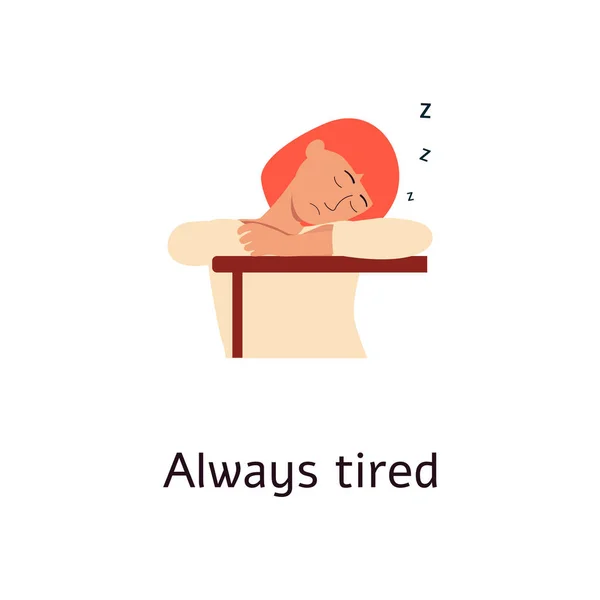 To make sure you miss fewer important events, try these tips to deal with the weakness that makes you fall asleep at every possible moment. nine0006 Advice #1: Sleep whenever possible Short naps during the day will be your friend, as will rising late and going to bed early. You are growing a whole new person inside, give yourself a break and increase the amount of time you spend sleeping. A growing baby takes all your energy, so give yourself a chance to recover. Even a short 20 minutes of sleep during the day can revitalize you for the rest of the day.
To make sure you miss fewer important events, try these tips to deal with the weakness that makes you fall asleep at every possible moment. nine0006 Advice #1: Sleep whenever possible Short naps during the day will be your friend, as will rising late and going to bed early. You are growing a whole new person inside, give yourself a break and increase the amount of time you spend sleeping. A growing baby takes all your energy, so give yourself a chance to recover. Even a short 20 minutes of sleep during the day can revitalize you for the rest of the day. Tip #2: Find some time to rest
You don't need to sleep to re-energize, even just resting can refresh you. At the end of pregnancy, a baby jumping on your bladder, combined with a large belly and an inability to find a comfortable position, can keep you awake. Instead of getting up and going to wash the stove, try to just relax. Soak in the bath, read a book, listen to soothing music, or meditate—do things that help you feel calm and relaxed.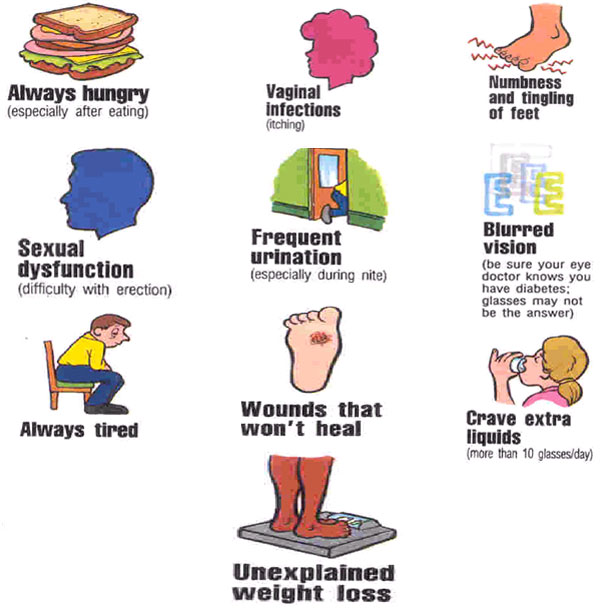 nine0006 Tip #3: Listen to your body From the moment your pregnancy test came back positive, you must have felt that your body is amazing. And it is also very wise, so you should listen to its tips. If you feel weak, rest. Pregnancy takes a lot of energy, so you need to take better care of yourself than before.
nine0006 Tip #3: Listen to your body From the moment your pregnancy test came back positive, you must have felt that your body is amazing. And it is also very wise, so you should listen to its tips. If you feel weak, rest. Pregnancy takes a lot of energy, so you need to take better care of yourself than before. Advice #4: Drink plenty of fluids
People are often surprised to discover how much they are affected by enough or not enough fluids. During pregnancy, you should drink about eight glasses of water a day. Dehydration feels like a lack of energy and focus, so try increasing your water intake and see if you feel better. If you don't like the taste of water, you can add a slice of lemon or cucumber. nine0006 Tip #5: Eat well Your baby will take everything it needs to grow from your body - so you'll have to make sure you get all the nutrients you need to function well - from a healthy, balanced diet rich in fresh vegetables, protein, and healthy fats (especially omega 3s).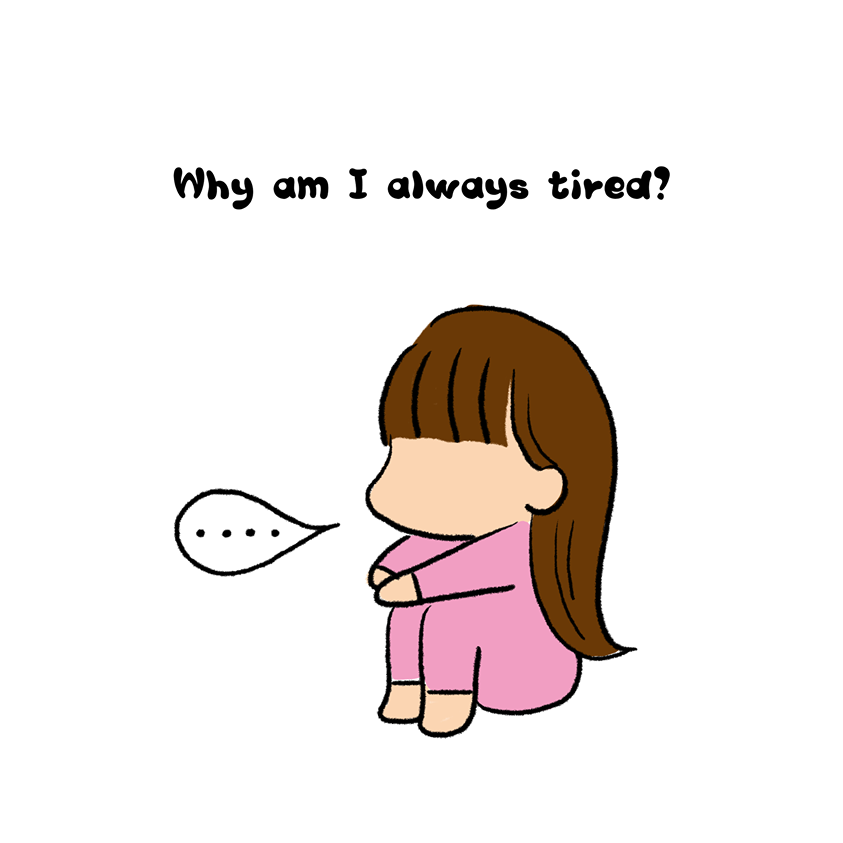 , 6 and 9) - such as almonds, salmon or avocado, coconut oil and chia seeds. Nuts and seeds are a great snack during the day and can give you extra energy. Legumes, whole grains, berries and green leafy vegetables. What you don't eat is just as important as what you eat. If you often eat sweets, processed foods, or junk food, this can affect your level of fatigue. These foods are often high in sugar, and you will have to suffer a sharp drop in blood sugar after two hours. Such food is harder to digest, which means that your energy will be wasted on assimilating this food. Try eliminating, or at least reducing, these foods for a couple of weeks and see if you notice an increase in your energy levels. nine0006 Tip #6: Eat little and often Many people only eat three meals a day, but you need to eat 5-6 times and less. Smaller, more frequent meals can help keep blood sugar levels more even, preventing energy drops. Try incorporating healthy snacks into your daily routine so you can eat more often.
, 6 and 9) - such as almonds, salmon or avocado, coconut oil and chia seeds. Nuts and seeds are a great snack during the day and can give you extra energy. Legumes, whole grains, berries and green leafy vegetables. What you don't eat is just as important as what you eat. If you often eat sweets, processed foods, or junk food, this can affect your level of fatigue. These foods are often high in sugar, and you will have to suffer a sharp drop in blood sugar after two hours. Such food is harder to digest, which means that your energy will be wasted on assimilating this food. Try eliminating, or at least reducing, these foods for a couple of weeks and see if you notice an increase in your energy levels. nine0006 Tip #6: Eat little and often Many people only eat three meals a day, but you need to eat 5-6 times and less. Smaller, more frequent meals can help keep blood sugar levels more even, preventing energy drops. Try incorporating healthy snacks into your daily routine so you can eat more often.
Tip #7: Get regular exercise
When you suffer from weakness, exercise is the last thing you want to do. But it is likely that this will help to cope with weakness and increase energy levels. The more you move, the more your cells move - wake them up and you will feel energized. Even a 20-minute walk can give you the energy boost you need. It may seem like a huge effort, but think about it - you just have to go out and walk for 10 minutes and then come back home! Start small, and gradually increase the load until you have been exercising for half an hour every day. Yoga, Pilates, swimming and walking are popular activities for pregnant women, but you can also find something else to your taste - dancing or even special exercises with equipment. It's best to schedule your workouts at times during the day when you have a lot of energy. nine0006 Tip #8: Talk to your boss If your boss knows you're pregnant, you may be able to arrange flexible hours. For example, arriving late and leaving late if that allows you to get more sleep. Or schedule meetings or important meetings with clients for your peak performance. Think about how you can organize your workflow in the most efficient way and try to offer this to your bosses, they are often ready to meet you.
Or schedule meetings or important meetings with clients for your peak performance. Think about how you can organize your workflow in the most efficient way and try to offer this to your bosses, they are often ready to meet you. Tip #9: Be realistic
If you try to live the way you did before pregnancy, this can contribute to a constant feeling of tiredness. Just because you used to stay up late with your girlfriends in the middle of the work week doesn't mean you need it now. Replace evening meetings with joint dinners, calls or weekend meetings and give yourself the opportunity to go to bed early. Don't take on additional commitments at work and shorten your schedule where possible, give yourself a couple of weeks to recover before moving on to something new. Most often, the energy returns in the second trimester, and you will be able to catch up. nine0006 Tip #10: Accept all offers of help It's time to ask for help. Reach out to friends and family who might be involved in your life. If you already have a child, ask someone you trust to take him to the playground for a couple of hours while you sleep. Ask your husband to take on more chores around the house so you can save energy to raise his child.
If you already have a child, ask someone you trust to take him to the playground for a couple of hours while you sleep. Ask your husband to take on more chores around the house so you can save energy to raise his child. Tip #11: Organize your to-do list
Sometimes, despite being tired, you will find yourself lying awake in bed at night, thinking about everything that is not yet done. Make a list and organize your to-dos to be more manageable—you don't have to redecorate your nursery in week eight, there's still plenty of time for that sort of thing. Focus on what needs to be done right now and make a schedule so you know when you need to get it done. Organizing your worries will give you a sense of control and allow you to sleep better at night. nine0006 Tip #12: Make your bed beautiful Your bed should be an oasis of calm, a haven of sleep that calls you to it. All distractions - phones, computers, TV, it is better to remove. The bed should be comfortable, clean, and there should be a lot of different pillows on it - during pregnancy, without them, it can be uncomfortable.
